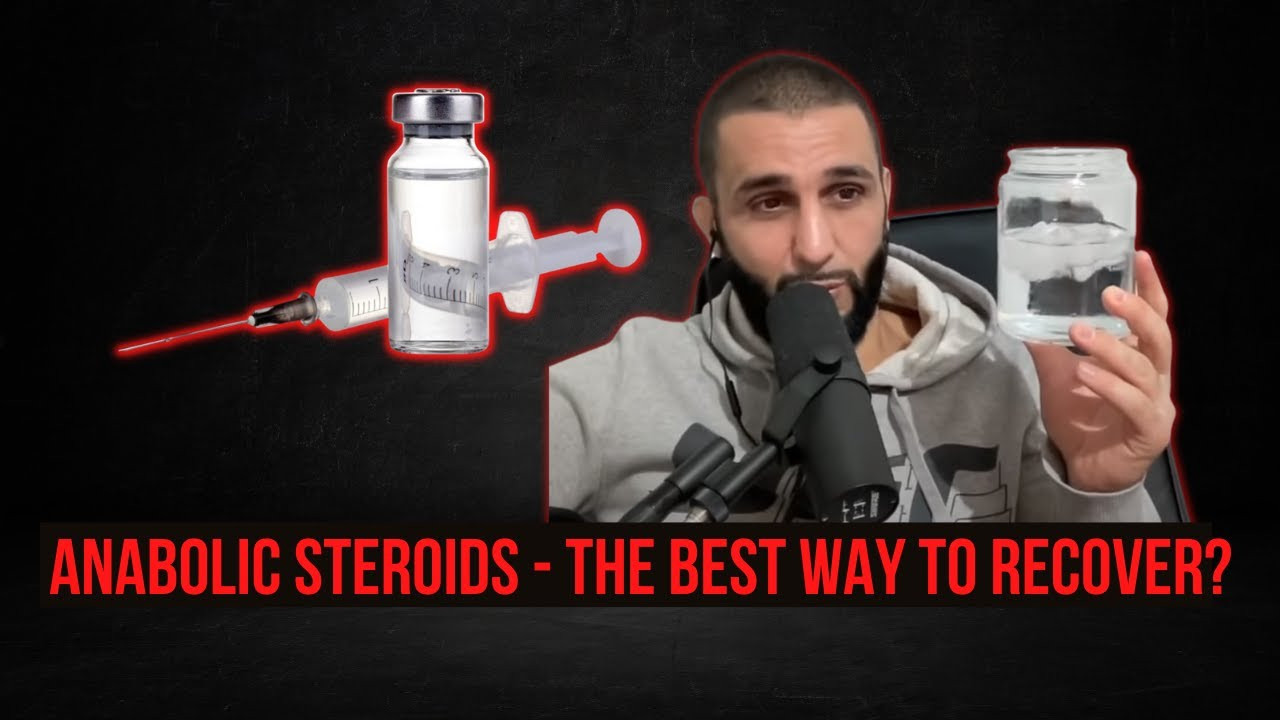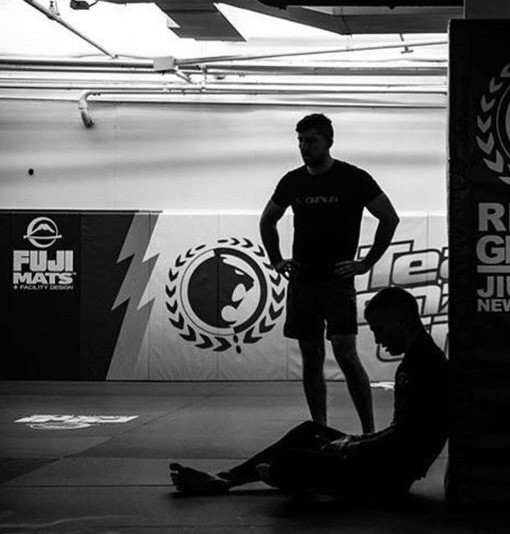How to Recover from Hard Training

Training jiu-jitsu is not solely about learning moves and evolving your technique. These are no doubt central elements to becoming better, but making improvements as a fighter also involves conditioning your body to endure the rigors of martial arts. This means strength training, improving your flexibility, cardio workouts, and taking care of yourself outside of the gym—eating clean, avoiding excessive drug and alcohol use, and getting the right amount of rest.

Of course, rest can mean two things. The first is sleep. When you are training at a professional level, you need at the very least 8 hours of sleep. New York Mets pitcher Justin Verlander famously gets around 10 hours of sleep per night and is still pitching at an elite level even after being in the majors for 18 years. Granted, 2023 has not been a great year for him, but he did win the Cy Young last year at the age of 39.
Rest also means taking time to recover after an intense workout.
Constant Intensity Is Not a Recipe for Success
Particularly within the strength training community, there are people who come to the gym with a “zero days off” mindset. To them, dedication is about training hard every day and approaching virtually every exercise at maximum intensity.
The problem with this approach is that recovery is necessary for your body. As Coach Firas Zahabi of Tristar Gym in Montreal says in the above video, maxing out every day is not productive. You break down your muscles when you work out; you build up that muscle when you recover. If you are not giving your muscles time to recover after intense workouts, you will not see the gains you want and you may even expose yourself to greater risk of injury.
Perhaps more importantly, constantly overstressing your body can result in the release of stress hormones that can wear on your mood and even lower testosterone levels (this is true for men and women), which can lead to feeling of exhaustion and low energy and negatively impact your performance over the long term. There is even evidence that overtraining and chronically putting your body in an overly stressed state can lead to fatigue, symptoms that are typically associated with depression, and persistent muscle soreness.
Even if you are competing at the most elite levels, you need to remember that your body needs rest.
Tolerance, Consistency, and Training
If you’re in your early 20s and you’ve decided to get into jiu-jitsu and train at a very high level of intensity, you will find that you can bounce back following a good night’s rest and maintain a rigorous regimen that alternates between muscle systems on different days. Overall, you may only need one or two days off per week even if you really push it. When you’re young, you have a greater tolerance for stress. Your body can absorb it better and you will recover more quickly than someone who is older.
As you get into your 30s and 40s, this process of recovery may take a little longer, especially if you are no longer hoping to compete against elite athletes. Even if you’ve been training consistently, your body has a lower tolerance for stress than it once did. To reiterate the point made above, if you ignore this biological fact and decide to keep pushing anyway, you are going to risk injury, feel worse, and hinder your potential. When your body tells you it needs rest, listen to it.
For those who have taken several years off and are only now returning to the gym, this lesson holds true, as well. Even if you were once a great athlete, your tolerance is going to be a lot lower than someone who has been consistently training for decades and you should feel no shame about being unable to keep up with them. Instead, you should focus on training at a level of intensity that allows you to maintain some momentum while consistently building up your tolerance.
As Coach Firas emphasizes, do not hesitate to take time off when you start training. If you feel good after a day of training, train the next day. If you don’t feel good, rest. Once you feel better, train again. Moreover, if you have soreness or tightness that is specific to one muscle group, you can still come to the gym, but don’t put stress on the part of the body that is bothering you. If your shoulders are sore after doing an intense set of military presses one day, you can work on your abs, hop on the Airdyne bike, or spend time going over jiu-jitsu technique without rolling.
Recovering from hard training means listening to your body and resting when it feels stressed. Ultimately, you will be rewarded with more tolerance for stress, fewer injuries, and bigger gains.

